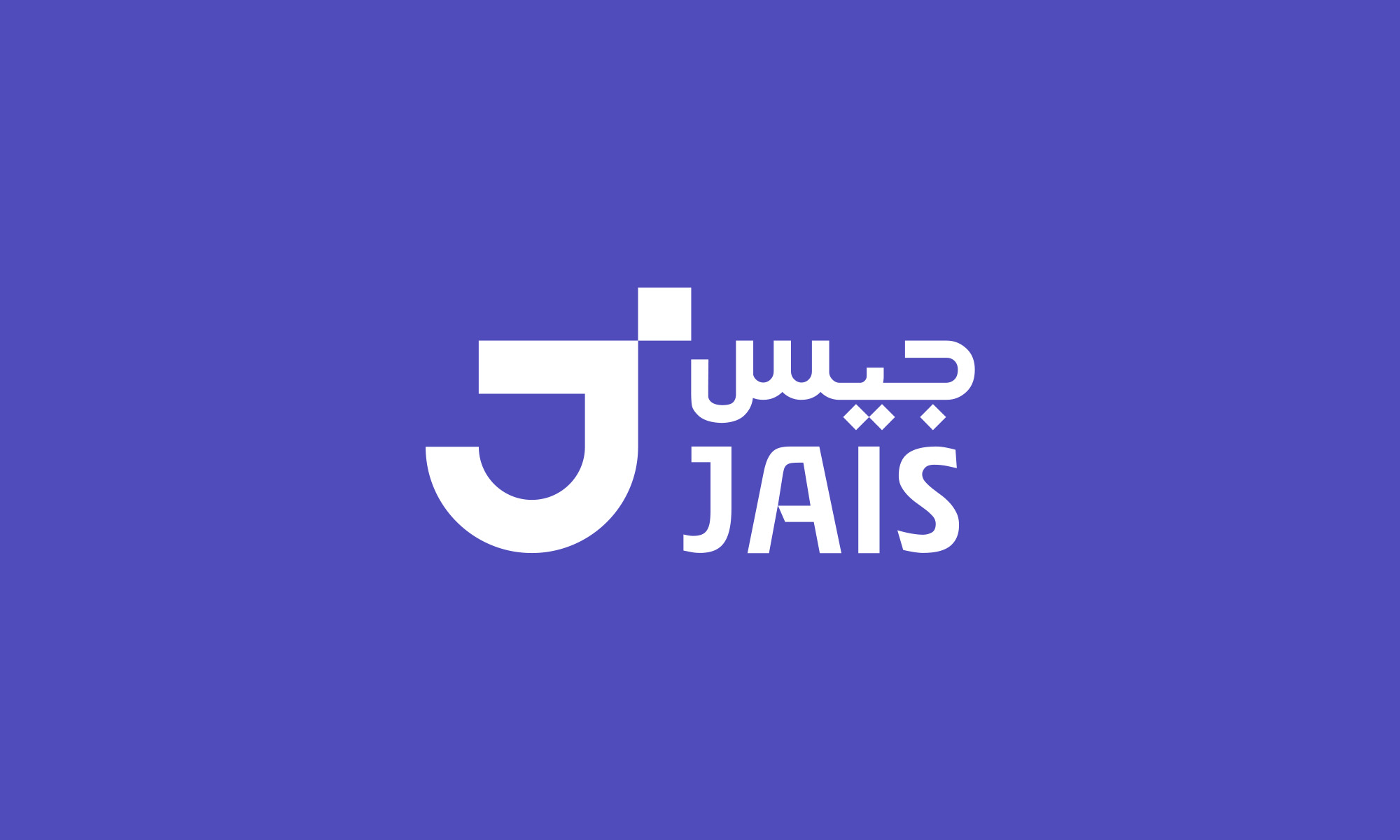News
Abu Dhabi-Developed AI Arabic Language Model Unveiled
The open-source bilingual model is called Jais and is more accurate than existing Arabic implementations, developers say.

A new AI Arabic language model has been unveiled by Abu Dhabi-based Inception, a subsidiary of G42. The project aims to bring one of the world’s most widely used languages into the AI mainstream.
Jais — named after Jebel Jais, the highest mountain peak in the UAE — was developed for government use and financial, energy, climate, and healthcare applications. The open-source bilingual Arabic-English model was built with additional input from the Mohammed bin Zayed University of Artificial Intelligence and Cerebras Systems, based in Silicon Valley.
Jais developers claim the new AI language model is more accurate than previous Arabic LLMs. The software also represents a further step towards encouraging scientific and computing communities to work in languages other than English.
“We see Jais becoming very useful in generative use cases, such as generating responses to questions, generating documents, translations, emails, and even providing advice and recommendations,” said Andrew Jackson, CEO of Inception.
As well as understanding context and cultural references, Jais can also capture linguistic nuances across various Arabic dialects, “making it more accurate and contextually relevant than other models,” the developers said.
Also Read: Ovasave Empowers Women To Tackle Difficult Fertility Choices
Jais was trained using Condor Galaxy, the “world’s largest AI supercomputer”, launched by parent company G42 and Cerebras in July. The software is continuously expanding as more Arabic content is curated, according to the companies involved.
WorldData ranks Arabic as one of the world’s most widespread languages, with over 400 million speakers. It is the official language of 22 countries and is partly spoken in 11 more. However, despite a dramatic rise in Arabic content, the language still only represents around 1% of the online space, according to data presented by G42 and Cerberus.
Jais software is available to download on the machine learning platform Hugging Face.
News
Rabbit Expands Hyperlocal Delivery Service In Saudi Arabia
The e-commerce startup is aiming to tap into the Kingdom’s underdeveloped e-grocery sector with a tech-first, locally rooted strategy.

Rabbit, an Egyptian-born hyperlocal e-commerce startup, is expanding into the Saudi Arabian market, setting its sights on delivering 20 million items across major cities by 2026.
The company, founded in 2021, is already operational in the Kingdom, with its regional headquarters now open in Riyadh and an established network of strategically located fulfillment centers — commonly known as “dark stores” — across the capital.
The timing is strategic: Saudi Arabia’s online grocery transactions currently sit at 1.3%, notably behind the UAE (5.3%) and the United States (4.8%). With the Kingdom’s food and grocery market estimated at $60 billion, even a modest increase in online adoption could create a multi-billion-dollar opportunity.
Rabbit also sees a clear alignment between its business goals and Saudi Arabia’s Vision 2030, which aims to boost retail sector innovation, support small and medium-sized enterprises, attract foreign investment, and develop a robust digital economy.
The company’s e-commerce model is based on speed and efficiency. Delivery of anything from groceries and snacks to cosmetics and household staples is promised in 20 minutes or less, facilitated by a tightly optimized logistics system — a crucial component in a sector where profit margins and delivery expectations are razor-thin.
Despite the challenges, Rabbit has already found its stride in Egypt. In just over three years, the app has been used by 1.4 million customers to deliver more than 40 million items. Revenue has surged, growing more than eightfold in the past two years alone.
Also Read: Top E-Commerce Websites In The Middle East In 2025
CEO and Co-Founder Ahmad Yousry commented: “We are delighted to announce Rabbit’s expansion into the Kingdom. We pride ourselves on being a hyperlocal company, bringing our bleeding-edge tech and experience to transform the grocery shopping experience for Saudi households, and delivering the best products – especially local favorites, in just 20 minutes”.
The company’s growth strategy avoids the pitfalls of over-reliance on aggressive discounting. Instead, Rabbit leans on operational efficiency, customer retention, and smart scaling. The approach is paying off, having already attracted major investment from the likes of Lorax Capital Partners, Global Ventures, Raed Ventures, and Beltone Venture Capital, alongside earlier investors such as Global Founders Capital, Goodwater Capital, and Hub71.






















